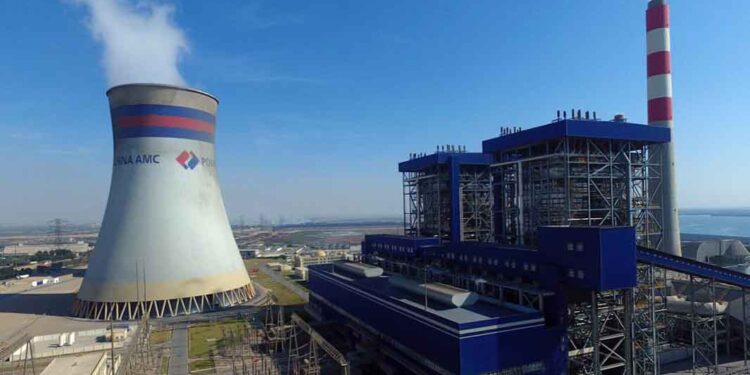ISLAMABAD: The Port Qasim Electric Power Company (Private) Limited (PQEPCL) has requested the government’s approval to import an anti-drone system and bomb-proof vehicles to ensure the protection of Chinese personnel, assets, and infrastructure at its 1,320 MW coal-fired power plant.
Sources informed Newzshewz that PQEPCL’s Chief Executive Officer, Liang YongBin, has reached out to both the Ministry of Defence and the Ministry of Interior to seek permission for the import of these critical security measures. The request follows a recent incident near Karachi Airport, which resulted in the tragic deaths of two Chinese workers. Pakistan has compensated the families of the deceased.
According to the CEO, the 43 Wing Bhittai Rangers Camp Office in Karachi has been involved in the ongoing procurement and installation process for the anti-drone system at the specified project site. Correspondence from the office, dated October 18 and November 11, 2024, outlines the progress, specifications, and expected timelines for the system’s deployment.
“We request support for the importation of an anti-drone system to enhance the protection and security of Chinese and Pakistani personnel, assets, and infrastructure at the Port Qasim coal-fired power plant,” the CEO stated.
The power company emphasized that recent incidents have highlighted the urgent need for improved security measures for foreign nationals engaged in critical development projects in Pakistan. On October 6, 2024, a suicide attack near Karachi’s Jinnah International Airport claimed the lives of two Chinese nationals and injured several others, underscoring the vulnerabilities faced by those working on CPEC-related projects.
“We assure that all equipment will be used exclusively for the protection of Chinese and Pakistani workers. We are committed to complying with all relevant laws and regulations during the importation process and throughout the equipment’s use,” the CEO added, providing details about the anti-drone system equipment.
The CEO also expressed appreciation for the Secretary’s attention to this urgent matter and hoped for a favorable response, which would not only enhance the security of foreign partners but also strengthen bilateral relations between Pakistan and China.
In a separate letter to the Secretary of the Interior, the CEO of PQEPCL has also requested a No Objection Certificate (NOC) for the import of bomb-proof vehicles intended for use by Chinese nationals working at the Port Qasim Power Plant, a key project under the China-Pakistan Economic Corridor (CPEC).
The CEO highlighted the importance of these vehicles, stating that, given the current security situation, the company intends to import at least two bomb-proof vehicles, based on its financial and business considerations.
“We believe that importing bomb-proof vehicles will significantly enhance the safety of Chinese engineers and investors. These vehicles are specifically designed for high-risk environments and will be crucial for safe transportation during diplomatic missions and business operations,” the CEO continued. Details of the vehicles to be purchased have also been shared with the Secretary of the Interior. Ends
















